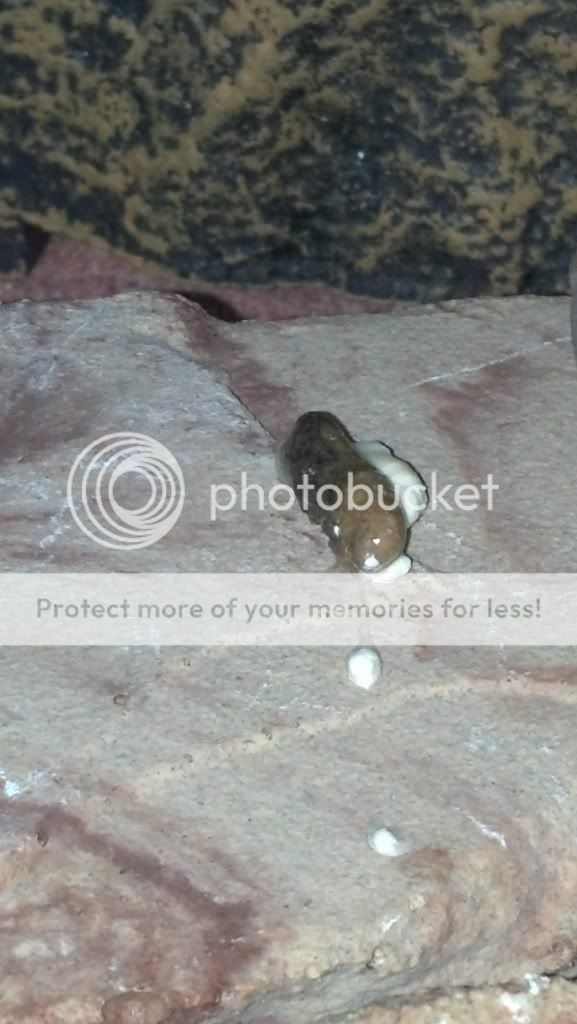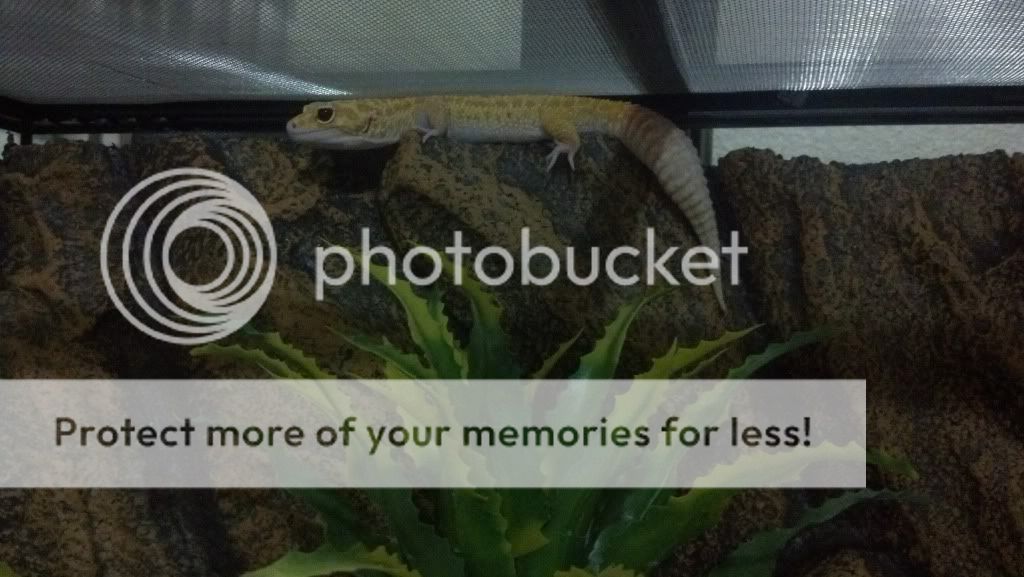indyana
Well-Known Member
- Messages
- 2,336
- Location
- Massachusetts, United States
lol. I hear they grow pretty slow. In any case, I don't think she's 100% out of the woods as far as a possible parasite or eating disorder, but it's good to see that when it's put in her face, she will accept SOME food. I'm going to pay the vet a visit as soon as I can afford and have the time to do so. They told me it would be $42 for an exam, but getting the time off to do so is going to be the killer for me. The nearest reptile vet is about an hour away.
There were about 8 days when they were appropriate size for my gecko, starting when they were about the size of mealworms up through when they started getting long and fat enough to make me nervous about feeding them to him. He's also a little undersized though. The caterpillars went through their entire life cycle from hatching to spinning in about 26 days. I was feeding them once or twice a day. I heard you can slow them down a bit if you feed them less, but that will also make them dehydrated and more susceptible to disease.
Good luck with the vet visit! Hopefully you can get time off, as knowing she has no parasites would be worth it for the peace of mind.


